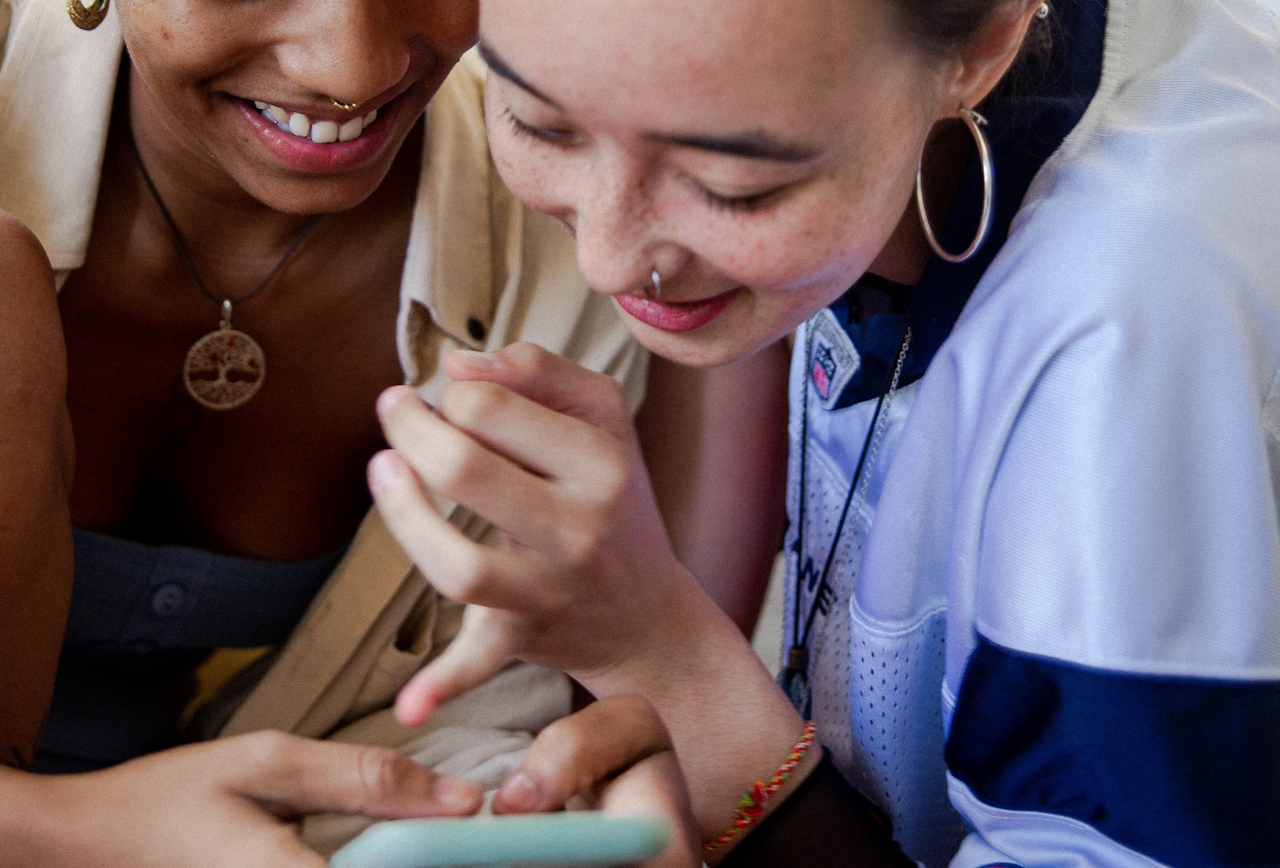SOCIAL
The Drum | ‘A Flag In The Sand For Authenticity’: What Does De-influencing Mean For Brands?

We spoke to nine influencer marketing specialists from The Drum Network about de-influencing, the latest trend in which content creators are making anti-ads for popular products.
De-influencing – the trend of social media personalities recommending which hyped products you shouldn’t buy, undermining the messaging of positive coverage – is causing no small amount of online discourse. One thing is certain: it marks, for some, an end to phony partnerships, and another step toward a more community-led ‘creator economy‘.
The rebellion happening on social is proof that influencer credibility (and, more broadly, what it means to be an influencer) has shifted. From the inside track, influencer marketing specialists from The Drum Network tell us their thoughts – and how the industry may evolve going forward.
Hannah Turner, senior influencer account manager at Disrupt, Found
I don’t think it’s surprising that we are seeing this trend. Influencers became popular in the first place as people trusted their opinions more than traditional advertising and news. There was a hunger for the truth, seeing real people doing day-to-day things, and using products we might be interested in.
But there has been a shift. With the rise of influencer marketing and TV shows such as Love Island paving such a simple route to becoming a social media star, some of that authenticity and trust have been lost.
I don’t think it’s the end of the industry by any means. In fact, I think there is a great opportunity to make it stronger. Consumers are eager for that realness they first fell in love with when influencers burst onto the scene.
Alex Carapiet, head of social at Seed, Amplify
De-influencing isn’t the end. It’s a new beginning and a smart move for forward-thinking influencers, which will benefit brands too – especially the beauty industry. When it comes to influencer content, cosmetic brands swim in a “sea of the same”. Social platforms are awash with overhyped product reviews.
De-influencing should make influencers and brands alike sit up and think: is what we are doing different? Is it good enough to stand out? And, most importantly, is this product good enough for this sort of exposure?
Jordan Carroll, innovation director, The Fifth
De-influencing is yet another flag in the sand for authenticity. Authentic voices building genuine relationships with brands, products and services they’re truly a fan of always will be the key to influencer marketing’s longevity.
A person with influence can only be influential if their opinion is respected by their audience. The era of using people with a social media following to act like digital billboards is over. We’re expecting to see creators forge fewer, yet longer-term partnerships with brands they truly believe in.
This freedom is largely thanks to the broader growth of the creator economy, which has opened new revenue opportunities for creators including paid subscriber models, platform creator funds and own D2C brand development. De-influencing will only further the breadth and depth of the creator economy.
Naomi Barker, head of creator partnerships, 33seconds
Has one controversial TikTok triggered social influencers to stop and take note? Are paid partnership creators now jumping on the de-influencing bandwagon in a bid to appear more authentic, or does it signal a wider shift in social media marketing?
Ironically, the trend has been picked up by lots of creators who do large volumes of brand partnerships and so it feels a little like it’s a saving face exercise to push a slightly false sense of authenticity.
Rida Oyebade, digital campaign manager, BECG, LoveThat
As more and more large corporations started to hop on the influencer marketing train, influencers started to lose their “realness”. A lot of them moved toward scripted ads, at times for products they clearly had no interest in.
This is not like traditional advertising. If you want a scripted ad, do a scripted ad. Influencers should have a level of autonomy to ensure that the content aligns with their content and their audience.
From a brand perspective, your job should be to ensure the core messaging is correct, rather than dictating exactly what is said.
Olivia Grieg, influencer & branded content supervisor, PMG
The de-influencing trend is merely the latest expression of people craving more authentic content from creators. It exposes the practice of one-off influencer partnerships that aim to push products regardless of how inauthentic the content may be.
Consumers (especially Gen Z) already have a keen eye for spotting these types of partnerships. It is not a question of whether influencers will continue to exist in the capacity they do now, but rather how they will adapt and who they choose to partner with.
Our advice to brands: forge long-term, sustainable relationships with creators that organically and authentically align with their values, content style, and target audience.
Danielle Dullaghan, social media strategist, Brave Bison
De-influencing speaks to a wider issue around social media and mental health. It’s been a long time coming. Witnessing influencers (and peers) live luxurious lives that seem so unattainable to regular folk is bound to cause a rebellion of sorts.
But influencer marketing isn’t going anywhere. It’s just evolving into a more authentic space.
Alexandra Whiteside, social media & influencer marketing specialist, No Brainer
If a brand chooses to partner with the ‘right’ influencer, this should have no undesirable impact on its authenticity. It’s been an all-too-common theme to see brands partnering with influencers who don’t necessarily embody the brand’s visions or principles.
If a brand’s ideals seamlessly fit with its chosen creator and they like the brand’s products (which is key), then the collaboration will weather the de-influencing storm. Now is the time for brands to revisit their influencer marketing strategy and ensure it’s aligned with the changing social media landscape.
Joe Stratton, client services director at What They Said, Pretty Green
The term authenticity is nothing new to the world of influencer marketing. It’s only been accelerated as brands evolve their messaging to engage younger audiences. While de-influencing may appear as a threat to brands, it only reinforces the most important and valuable aspects of the creator economy: advocacy and relationships.
What we’re now seeing is a fair and balanced discussion, not just a relentless product push – and that only strengthens the relationship between a creator and their audience which, in turn, will provide greater returns for brands.


















You must be logged in to post a comment Login